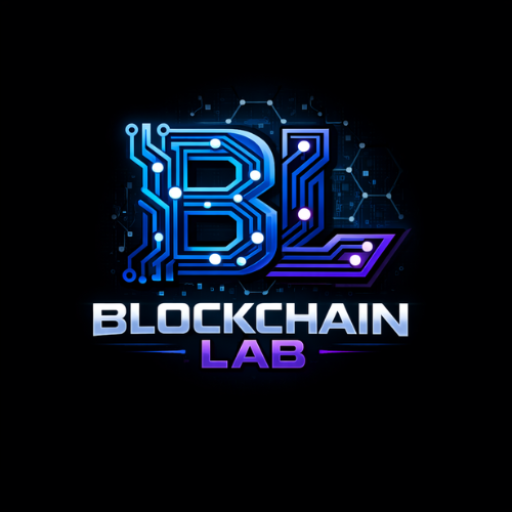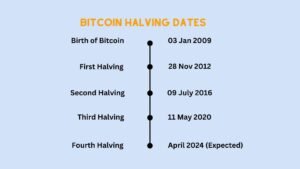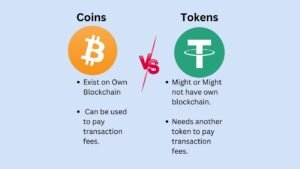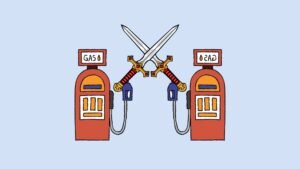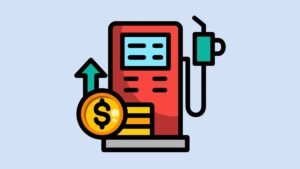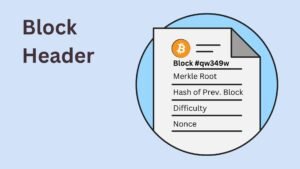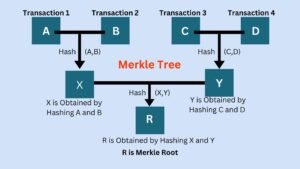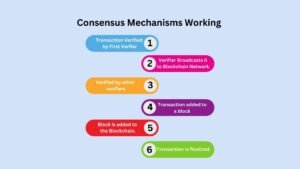- Is Bitcoin Mining Still Profitable in 2026? India-based Case Study
- US Fed Cuts Interest Rates by 0.25%, Only 1 Rate Cut Per Year in 2026 & 2027, Market Correction Expected
- World’s First Browser-Based Compute Platform Just Got Government Backing, Neurolov Closes $12M deal to Fuel AI Workload with Decentralized Compute Power
- The US Federal Reserve Leaves Rates Unchanged at 4.37% in July 29-30 Meet
- These Cryptos Could Outperform in the Next Alt Season
- Market Volumes Crash 74% Since Dec 2024, US Fed Likely Reason
- A Tariff War Supports Bitcoin’s Adoption at Dollar’s Expense
- Bhutan’s Bitcoin Reserves Eq. to 26.7% of its GDP
- Jerome Powell Turns Pro-Stablecoin at the Economic Club of Chicago
- Scary! 83% of Polymarket Users Think No Change in Rates on May 7
- BTC Targets $106k, Bullish Double Bottom on 1D Charts
- Semler Sci. to Make 13th BTC Purchase with $500M Capital
- Metaplanet to Make 11th Bitcoin Purchase in 2025, Reserves at 4525 BTC
- Solana Could Hit $175 if it Conquers the Resistance at $135
- El Salvador Needs $1.4bn From Trump to Kick Out IMF
- Mantra’s 13 April Dump Was Predicted on 27 March 2025
- Why did The Bitcoin Fear and Greed Index Went from 18 to 45 in 4 Days?
- 4 Indicators Signal Bitcoin’s Upcoming Rally Above $100k
